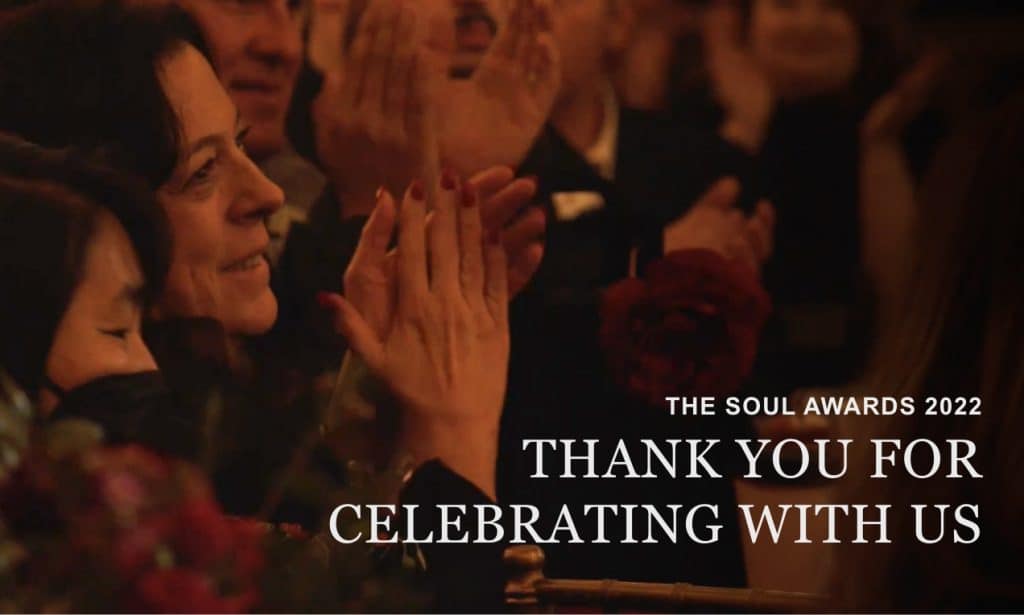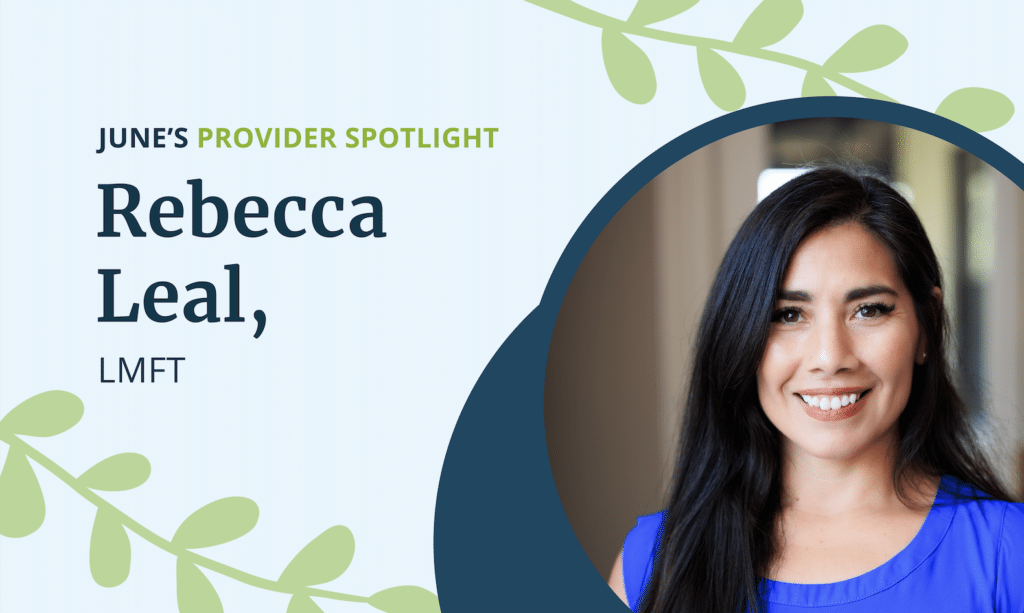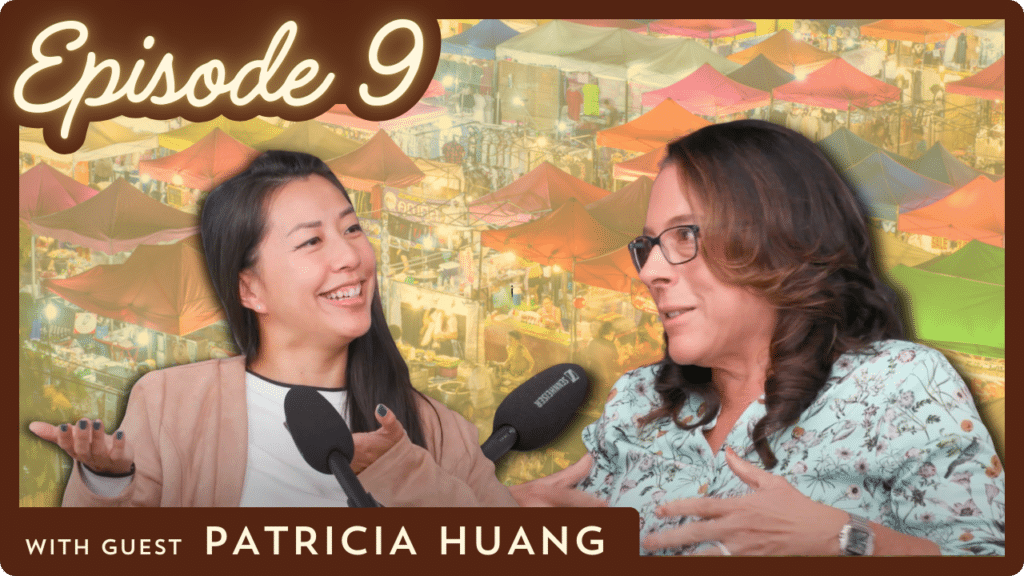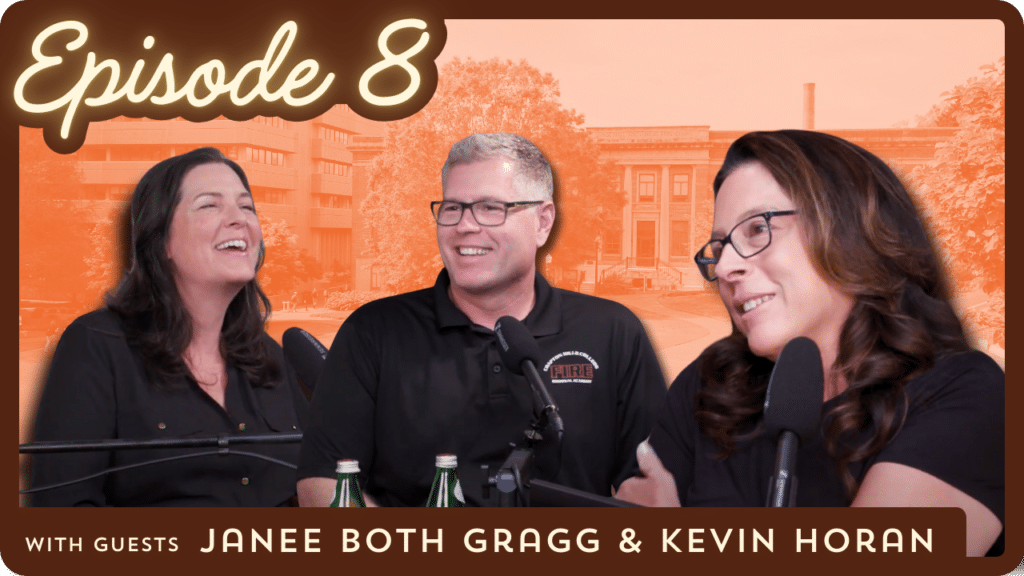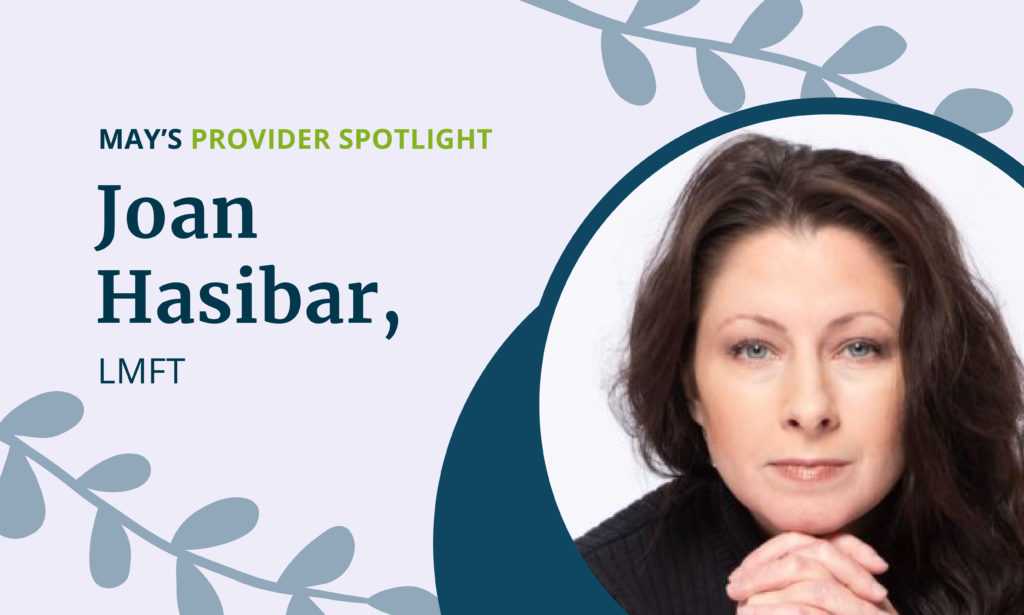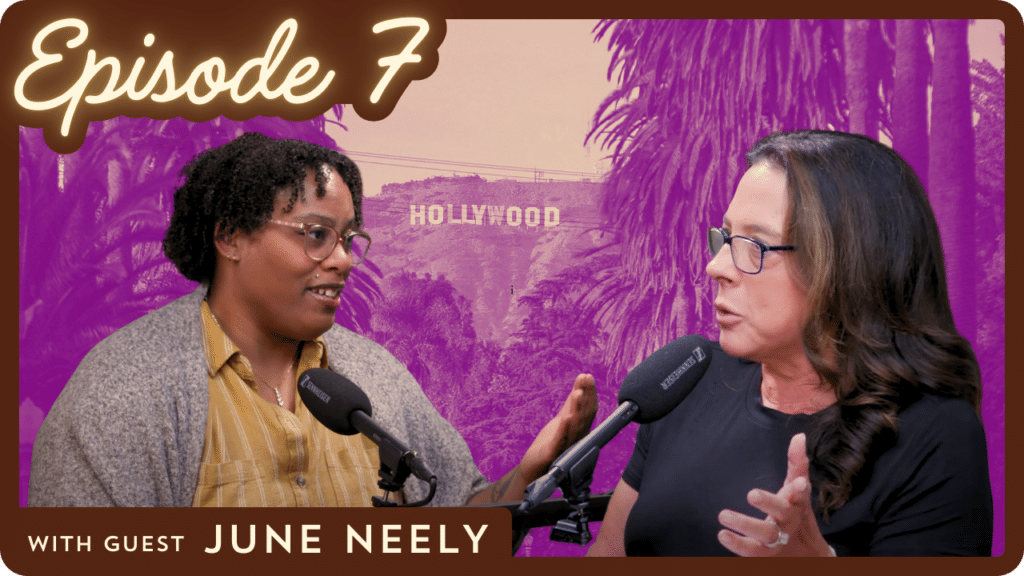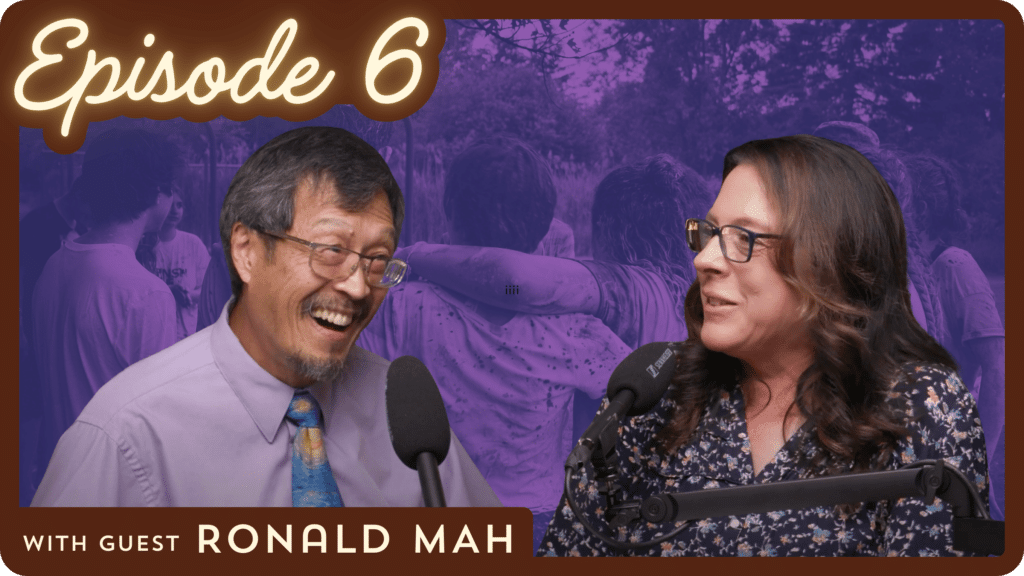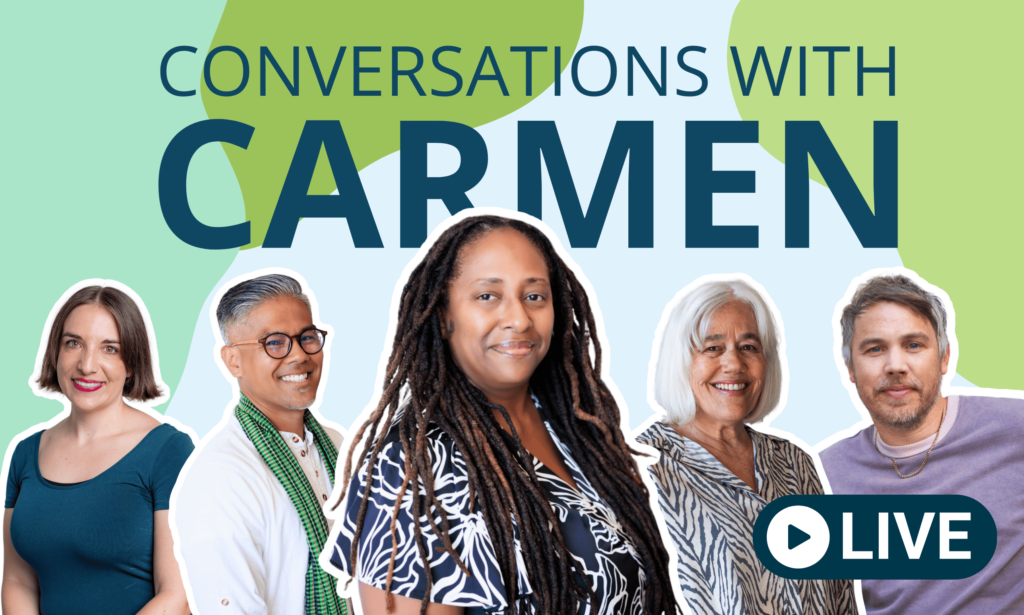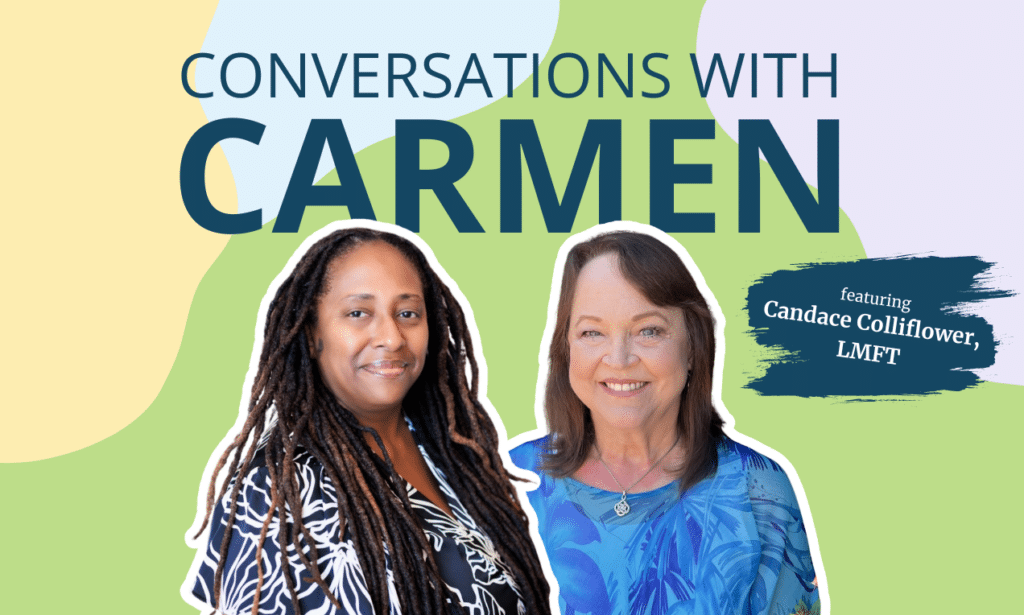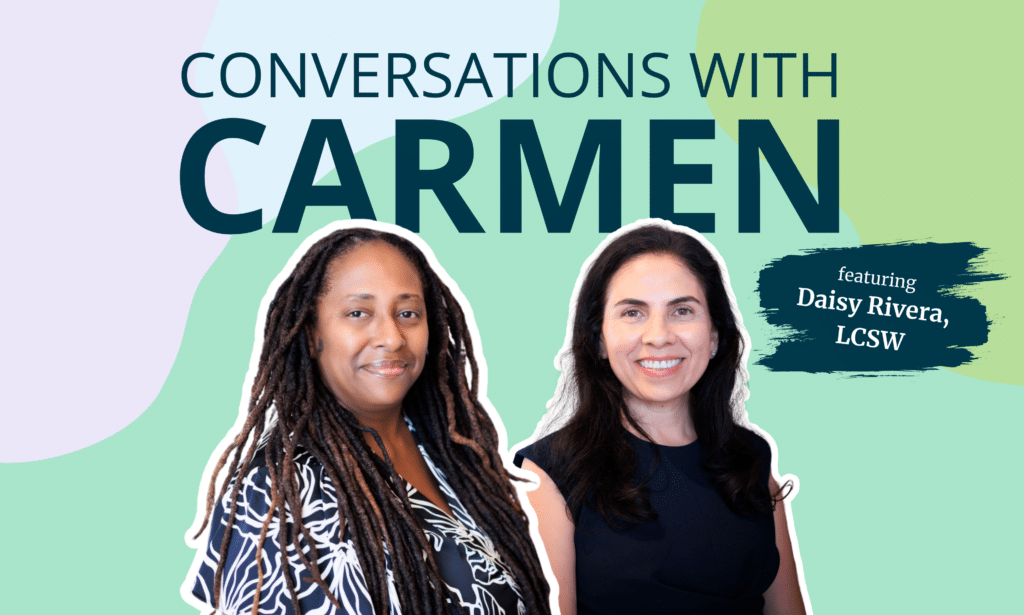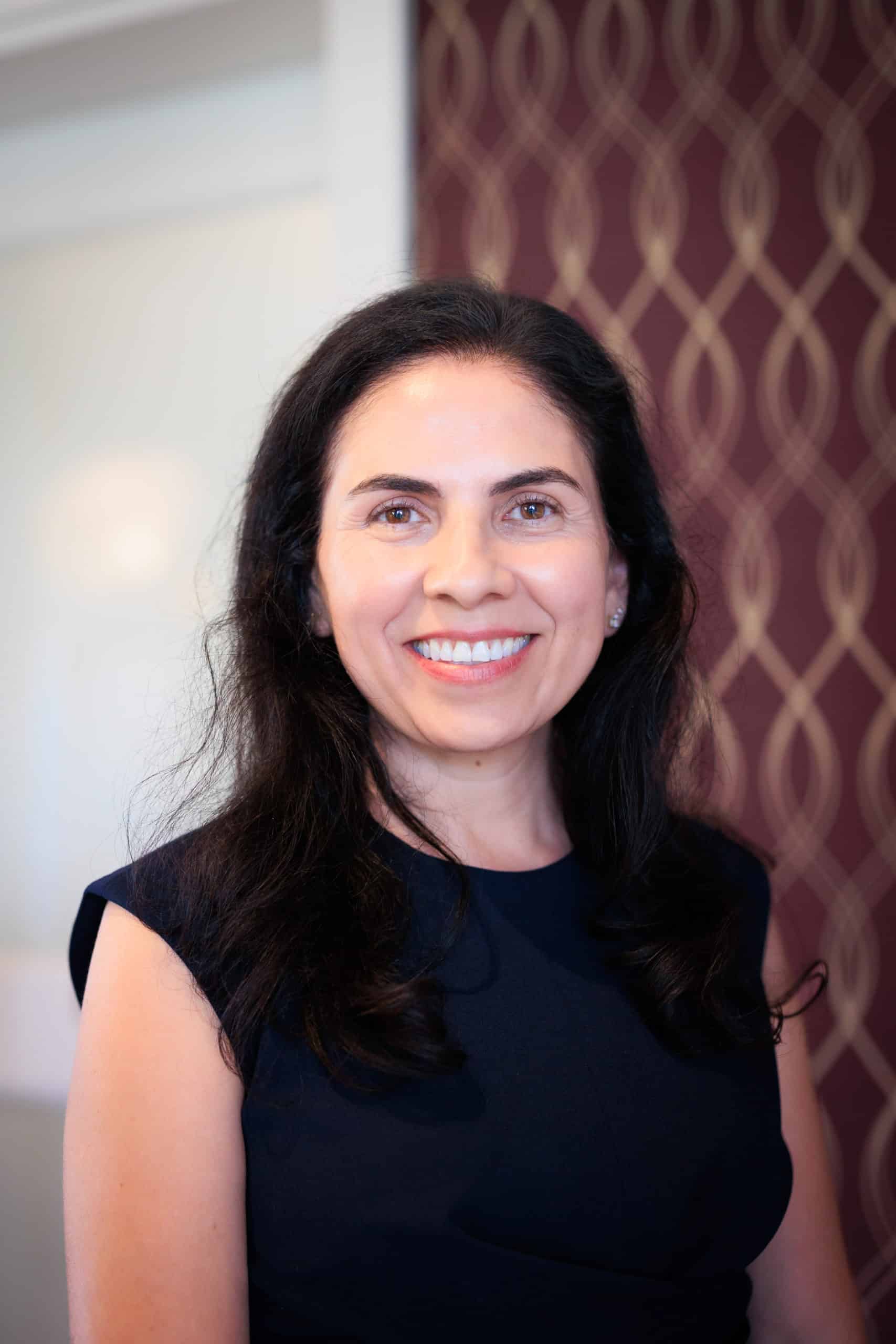
Every month we highlight a provider as our Provider Spotlight. This month’s Provider Spotlight was Daisy Rivera, LCSW. Each Provider Spotlight is interviewed by Dr. Carmen Majied for a segment called Conversations with Carmen.
In this segment, Carmen and Casey discuss Casey’s journey through life and how she arrived at Private Practice.
You shared that you were born in El Salvador during war time. Based on your personal recollection, what was life like for you during that time? Are there any notable takeaways that you can speak to?
I spent the first 7 years of my life living in a small town. I have very positive and fond memories of childhood. The town was small, and everyone knew each other. It was a carefree environment and playing outside, running all over the town was normal and safe. We had to move to the city when the civil war got worse. I do have memories about tanks on the streets, bullets firing not too far from our house and even seeing firing from helicopters in the distance. In retrospect, my mom and grandmother provided reassurance and nurturing during those times that was helpful to my coping. Most of the time, days were normal, and school and education were a big part of my childhood focus. So many takeaways, and certainly around how crucial adult figures’ own coping and response to trauma can cushion and support our experience of trauma as children. I also realize that although my primary thoughts around childhood are positive, having done EMDR and made connections of how some present-day emotional triggers were linked to the experience of war, is a reminder that our lived experiences also get stored in the body and psyche.
In addition to relocating to the U.S at the age of 11, you were subsequently raised by your maternal grandmother. How did your life change during that time? What was the relocation (from El Salvador to the U.S) like for you? Did you initially resist change? Or, did you embrace it? Did your experience of/perspective on culturalism shift?
I lived with my grandmother since I was born and I came to the US when she came to live with my aunt and uncle. I think there’s been a resilience in me that has been passed on from the women in my family that has helped me since very young to adjust to change. We do what we gotta do. I also loved school and had kind, encouraging and helpful teachers- pretty much throughout all my school years. A big change that comes to mind though, is that with the obvious climate change, wearing pants was something I had not done in El Salvador. I grew up in the hottest part of El Salvador and pants were not part of my wardrobe!
You shared that once you relocated to the U.S., learning the English language was a meaningful undertaking for you (especially given you “loved learning” starting at an early age). It seems like your natural thirst for knowledge coupled with previous positive teacher/educator experiences enabled you to navigate the learning process fairly seamlessly.
Is this an accurate assessment? If so, can you speak to any noteworthy aspects of your overall experience?
Yes, this is accurate. I came to the US with a good academic foundation and discipline for studying, and I also credit my teachers here. I felt encouraged and supported all along. I’ve been a recipient of meaningful experiences that I am not sure how they even happened. In 8th grade, my cousin and I, were selected to receive free piano lessons at the Colburn school of music. That experience sparked a love for music which then evolved in my learning to play the flute and attend a music academy high school.
You mentioned that your initial goal was to pursue an undergraduate degree in Biology (with the intention of attending medical school). What shifted/changed on your end that ultimately led you to pivot towards mental health?
We are often asked as children, “What do you want to be when you grow up?” I would always say I wanted to be a doctor. So, I really think that had been an imprint from childhood. Nonetheless, I really did enjoy the sciences, so much so that I went on to teach science after getting my bachelor’s degree. The shift towards mental health came after teaching for a few years. Students would often share very sensitive issues with me. Sometimes those would lead to talks with parents who would also share sensitive information with me. One year, we had a social worker assigned to our school and I ended up collaborating so much with her that she planted the seed when she asked if I had ever considered going into social work! That was it.
While pursuing your undergraduate degree, you had the opportunity to work as a Teaching Assistant at your previously attended middle school. Additionally, you were extended an invitation to teach at your former middle and high schools. Given you “loved the classroom”, what did those experiences entail? Did you grow personally and/or professionally?
I taught one year at the high school I attended. That was a very tough year. I learned and grew a lot that year. Every period I had to move to different classrooms and also had to navigate how to motivate students that were failing. I then received the offer to teach at my former middle school and by then had become a K-12 center. I primarily taught environmental science to 9th graders. I had incredible mentors that guided my professional development. An unforgettable experience from that time was taking 3 of my students to Lisbon, Portugal, as US representatives for a global science program at that time; two of those students had never been in a plane before. I think personal and professional lessons from that time are two-fold. On the one hand, I can look back and tell myself how proud I am of that young person who was devoted and dedicated to giving her best even under dire circumstances; during that time, I was going through a divorce. And on the other hand, that time also fostered my openness to being mentored, to have a spirit of appreciation, curiosity and optimism.
You shared that you previously met with a LCSW while navigating several life transitions (and doing so helped to “plant the social work seed” for you). What are you willing to share with us about this time in your life? How did your personal experiences help to propel you forward?
I got married very young. In my mid 20s I was going through a divorce. I sought therapy and was paired with an incredible LCSW who supported me through that grief. It was a positive healing experience that did plant the seed of how great it would be to do what she did. Her name is/was Ginger. So grateful to Ginger.
After graduating from your MSW program, you spent the next 2 years working in Community Mental Health (focusing clinically on the geriatric population). What were some key moments from that experience (including challenges that you were able to overcome)?
Subsequent to working in CMH, you worked at City of Hope for the next 14 years leading patient support groups, facilitating yoga/meditation/Reiki classes as well as participating in program development/research (focused on older adults). What was your overall experience working in that capacity? What did you learn about yourself while functioning in those roles?
My time of service at City of Hope is a very special chapter of my career. I worked alongside an incredible team of dedicated colleagues. It is hard to condense how that experience shaped me as a clinician and human. I met people from all walks of life and had some profound conversations about death and dying, in many cases, being at their bedside as they took their last breath. That level of intimacy is hard to describe. I learned to be with someone in their suffering, have my own feelings about their suffering, and focus on what was within my capacity to support them in their experience.
In the early stages of the 2020 pandemic, you began to re-evaluate your personal and professional priorities. You shared that taking self-inventory was one of the main catalysts that led you to explore private practice. You also shared that you realizing and acknowledging your interest in “giving back through private practice” is what fueled you forward as well.
What did/does this mean to you?
Prior to the pandemic, I had transitioned to a part time position at City of Hope and had opened a healing practice in Claremont where I offered Reiki energy healing sessions. It challenged me to think like a business owner and creator, and to begin to consider a full transition from being an employee and having more ownership of my time. Perhaps it was not about giving back but returning to the community through private practice. And it has felt that way. I get to be with people, like anyone of us, community folks who just happened to need extra support.
You ultimately transitioned to Soultenders/private practice in September of 2020. What was that shift like for you? How soon were you able to build out a full client caseload? What existing Soultenders support systems provided assistance to you?
In retrospect, I could’ve made it easier for myself. I opened my calendar to a full schedule and ST delivered lol. That first week was overwhelming in completing intakes and also adjustment to telehealth sessions. But it was also pretty incredible to know that I had a fully operational private practice from the start. I had support from various ST staff, from admin support to clinicians who also extended themselves to provide guidance and mentorship. While the onboarding process had its challenge, I can’t speak enough about the responsiveness and kindness I have always experienced from ST staff from the beginning to today.
You shared that you primarily bring EMDR as well as a “holistic, somatic and humanistic lens” to your practice. Can you share how those approaches show up in the work with your clients?
I truly believe that whoever sits on the other side is doing their best. It is true for me so why wouldn’t it be true for them? My training and practice of yoga and breathwork, has also attuned me to pay attention to how others are breathing. Their breathing patterns tells me a lot about their nervous system state. I use myself to support co-regulation of my clients and I also teach them about their nervous system, and to have body awareness and not just cognitive awareness. It feels important to me to help my clients have this understanding and mind/body awareness, as well as capacity for self-regulation in preparation for trauma reprocessing with EMDR.
How would you say your cultural background informs your practice? How is your sense/understanding of cultural sensitivity and cultural competency impacted? How do you differentiate between cultural sensitivity and cultural competency?
This is a deep and layered question. I have had so many various cultural influences that have shaped and likely will continue to shape my life that it would be difficult for me to define what my culture really is. I am Salvadorena by birth and rearing, and I have also been influenced by spiritual practices from South/East Asia, Africa and ancestral traditions. Knowing this about myself, helps me to also not make assumptions about others based on their looks, last names or country of origin. I do think it is important to have knowledge of the cultures that we work with and be sensitive to how that may show up in our sessions, and in addition, to be curious and not generalize what we may think it’s important to them based on known cultural findings.
You shared that you are certified in Trauma Sensitive Yoga (which includes helping clients connect with their body and learn to “organically move”). Can you please go into a little more detail about this?
When I am working with someone whose trauma has led them to feel unsafe in their bodies, getting to a place where they can give themselves permission to move in their own way, can be incredibly healing. This may look like a gentle swaying or the movement may be so subtle that it can be hard to see; nonetheless, the internal message received is that in that moment there is safety in their bodies.
When I am working with someone whose trauma has led them to feel unsafe in their bodies, getting to a place where they can give themselves permission to move in their own way, can be incredibly healing. This may look like a gentle swaying or the movement may be so subtle that it can be hard to see; nonetheless, the internal message received is that in that moment there is safety in their bodies.
I consider myself very fortunate for the childhood I had. And I also have had to heal attachment wounds which at times still show up. So, I understand that what happens to us in childhood has long-lasting impact on our sense of self. And it is incredibly powerful to guide clients in mending deep rooted wounds and heal from the effects of trauma with EMDR.
How does Soultenders support you professionally?
The obvious support is the administrative/logistical platform for my private practice. But there is something more meaningful that Soultenders has provided me, and that is a community. I have been mentored and inspired by colleagues who have become dear friends. I have grown professionally because of this community.
What do you enjoy doing outside of work? What does quality time spent with your family look like?
My husband and I have a very busy high school daughter and a lot of our time outside of work goes to supporting and volunteering with her extracurricular and school activities. Quality time is often around our meals. I enjoy watering our trees and vegetables and being creative with cooking.

